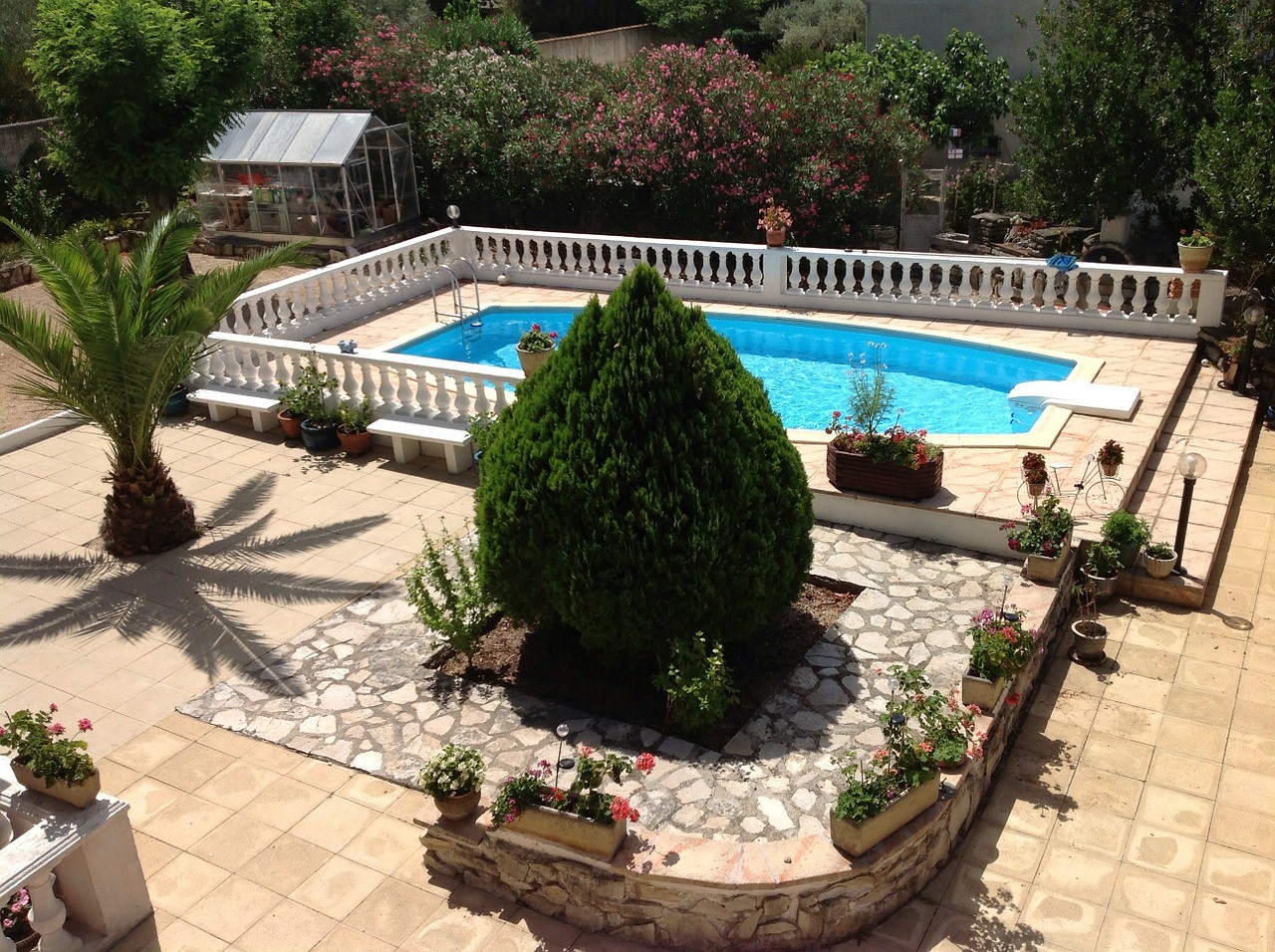
When it comes to installing a pool fence, you have a lot to think about. For starters, pool fencing is tasked with serving a very critical purpose, to keep your family, pets, and guests from falling into the water and possibly drowning. With such an important task to uphold, there is a myriad of vital factors that must be considered when choosing the materials, the height, even the placement of the fence.
So, if you are considering installing a pool in your backyard or you have one already and now you’re planning on putting in a fence around it, here is everything you should know about getting the right one for you:
Fencing Options
Although most homeowners opt to go with a permanently installed fence, there are also portable options out there. The former is highly recommended when there are children and pets living in the home and could find their way, unaccompanied, to the pool area. Portable or removable options are far too risky to reliable upon to protect kids and animals from falling in and getting injured or worse.
Once you decide on the option that fits your home best, you can then decide on the many different materials that are available for homeowners to choose from when they are selecting the fence they want.
Materials
Picking the best material for your fence should incorporate the safety of your family and guests and the aesthetic of the fence so that it matches or complements the furnishings and décor around the pool. The most popular materials that are chosen are mesh, iron, steel, aluminum, wood, and vinyl.
Metal is the practical choice for safety and durability while wood can also be good for protection and aesthetics. It’s also a versatile material that is common around pools. Both of these options are totally adjustable and customizable. Mesh is also a good choice because despite having the appearance of it being easy to climb up and over, it’s actually much tougher to do than it looks.
Requirements and Recommendations
Perhaps the most important thing to know is that many states have certain laws and statutes in place governing pool fences and the height requirements that must be met. Many states have certain height minimums that should be addressed when you are installing a permanent fence. The common minimum height is about four feet even though you can install your fence at a much higher measurement if you wish.
As for access to the pool through your fence, many experts suggest that the gate of the fence comes with self-locking mechanisms and child-proof locks so little hands can’t disengage the lock and enter the pool area unattended. This can lead to tragic results if you’re not totally careful.
You can never be too careful when you’re considering the specifications and features of your pool fencing, so make sure you take all of the necessary precautions for ensuring that your fence provides total protection of the pool area. You’ll be glad you did.

